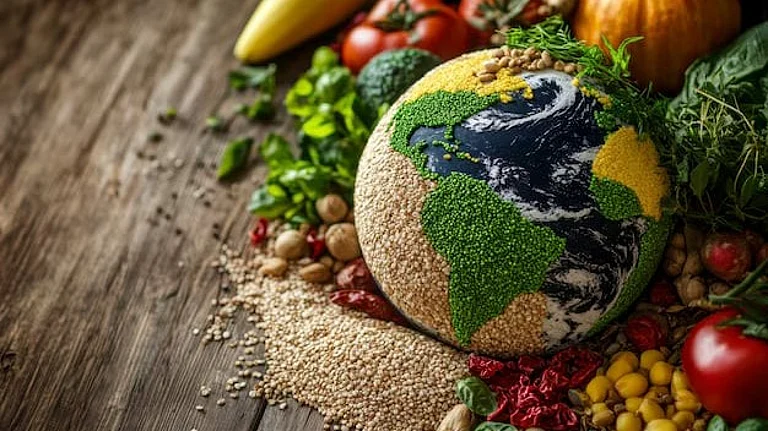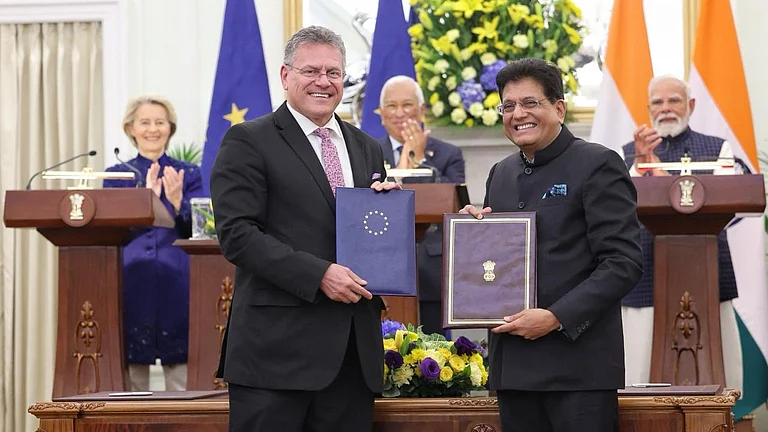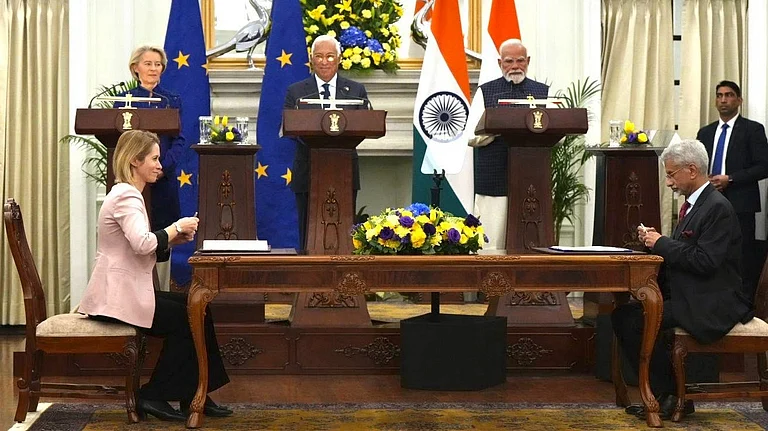Growing up as a child in India of the 1990s, health drinks were considered as a important part of early year. I vividly recall my brother's daily battle with milk, nearly vomiting it out before school, while I garnered praise for gulping down milk infused with 'healthy powders.' My mother fondly reminisced about my transition to 'Lactogen' milk after breastfeeding. After all, Indians believed that these 'international' infant formulas and milk mixes held the key to taller, smarter, and faster children. It is also important to note that India back then was dealing with a high burden of undernourished, stunted and wasted children. The obvious quick fix solution to malnutrition in children seemed to be these magic formulas, morning fortified cereals and flavoured drinking powders!
As luck would have it, I grew up to be pre-diabetic dealing with poly-cystic ovaries in my late 20s. This journey propelled me towards a career in public health, specializing in nutrition policy and advocacy. Hence I got a rare opportunity to learn about the glaring scientific evidence on the importance of diets on our health outcomes. But what was most disheartening was to see how artificially added sugars were the biggest culprit in worsening the risks for increased obesity, diabetes and metabolic disorders in growing children. I was shocked to read how most of our “trusted” brands were selling sugar in the name of health drinks. Despite their enticing taste, these products are enslaving generations of Indians into a cycle of sugary and processed foods. It became evidently clear why the old saying goes, 'You are what you eat!'
India, once viewed as the land of undernourished children, is now the global capital of diabetes. Nearly 77 million people above the age of 18 are suffering from diabetes and nearly 25 million are prediabetics. Shockingly, there's a glaring lack of awareness among the educated class about the harmful effects of branded 'health food supplements' for children.
Conversely, interactions with my house gave me a very different perspective on the consumption of such baby foods. Once she complained to me about how her 5-year-old child was not picking up height and appeared malnourished. I immediately reminded her about the need to give them a balanced diet full of fruits, vegetables, whole cereals and healthy fats. She responded by saying that poor people like her cannot afford the expensive powder mixes that a famous Bollywood star endorses.
Similarly, she showed me an advertisement on her phone about how a bowl of cerelac was equal to eating 5 fruits and vegetables in a day! And the unaffordability of these aspirational foods explains why poor children are shorter, thinner, and malnourished. I was shocked and disheartened. And I tried my best to explain that all these artificial powders and infant formulas are 'had' for health, and how its better to feed her child a whole fruit. To which she responded by saying whether I know how expensive it is to buy a pomegranate in the market, and how tough it is to peel and give it to your child when she comes to work?
Times passed, and I had the wonderful opportunity of becoming a mother. The moment I hit my first trimester; my mother exclaimed, it’s time to buy 'health drinks for Mothers.' And I immediately said 'No!' I told my mother how that powder means a lot of unhealthy sugar for me and my growing baby. My mother was rather surprised.
The moment my child was born, my friends and family started showering me with recommendations for formula milk. However, armed with medical knowledge, my husband and I championed breastfeeding and led our own communication campaign within the family about how famous formula milks are full of unhealthy sugars.
Despite the convenience of formula milk during travel, we eagerly waited for the day when our baby could completely switch to cow’s milk. The next choice we were faced with as parents was to choose a complimentary food for my child once he started eating food. Like every other Indian, it was habitual to buy a nestle 'cerelac' which of course now came in many flavours and colors. Yet again, knowing how these baby foods had artificially added sugars, we chose to make desi cerelac at home. Yes, that is possible! Google or YouTube the same, and every caregiver can get access to innumerable recipes for making baby food at home.
Given this personal story as a child, public health researcher, and later as a mother, when I saw the breaking news yesterday on how a Swiss investigative agency found high levels of sugar in the 'cerelac' being sold by Nestle in India- I could not stop but share these experiences. This revelation marks a pivotal moment in debunking the myths surrounding processed baby foods. It underscores the urgent need for consumer awareness and governmental intervention to regulate harmful food products. Reflecting on my journey—from a child inundated with sugary supplements to a mother advocating for wholesome nutrition—I urge readers to reconsider their food choices.
The long road ahead can start with people’s movements demanding stricter regulations by the government, warning labels for baby foods High in Fat Sugar Salt, de-promotion of formula milk by private doctors, support for breastfeeding, mainstreaming of healthy homemade baby recipes and a large media campaign to spread awareness about the importance of eating, healthy, local and whole foods!
(The author is a public health researcher with specialization in global health from Harvard University, and is the director of Anuvaad.)
(The opinions presented belong solely to the author.)


























